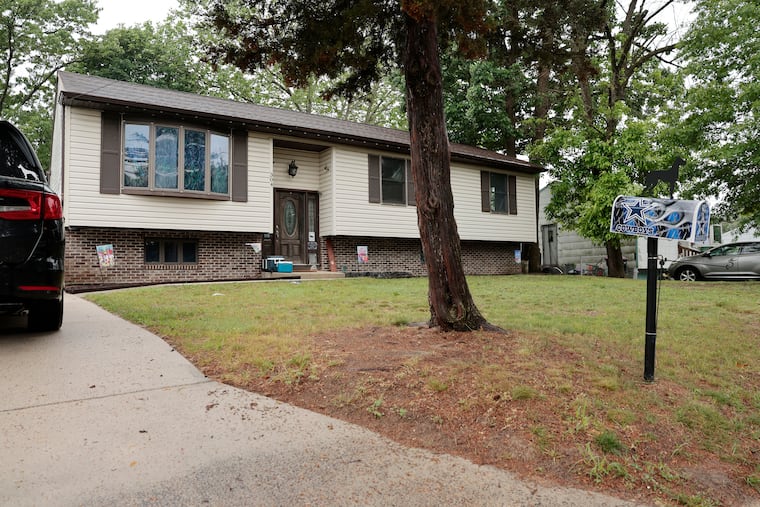New Jersey’s homeschooling regulations are inadequate, creating potential risks for child abuse within the system.
Amid discussions surrounding educational freedom in New Jersey, a recent case has brought to light the potential dangers of an unregulated homeschooling environment. The legal proceedings against a couple from Gloucester Township highlight the foster care system’s limitations and the pressing need for reevaluation of the state’s homeschooling laws.
Brenda Spencer and Branndon Mosley face serious charges, including abuse, assault, and neglect of Spencer’s teenage daughter, who is now 18 years old. Prosecutors allege that the victim was confined to the family home for years, subjected to extreme forms of abuse, including being locked in a dog cage and enduring sexual assault. The abuse reportedly came to light only after the victim escaped with the assistance of a neighbor earlier this month.
In 2018, Spencer withdrew her daughters from public school, claiming to begin homeschooling them. However, the situation depicted in this case underscores the critical lack of oversight and accountability in New Jersey’s homeschooling framework. Unlike many states, New Jersey does not require standardized tests or regular welfare check-ins to ensure that homeschooled children receive an appropriate education or are safe from harm. Critics argue that this lax regulation places an undue burden on children, often leaving them vulnerable to neglect and abuse.
Advocates for responsible homeschooling have emphasized the need for changes in legislation. Organizations such as the Coalition for Responsible Home Education (CRHE) categorize New Jersey among states with the least restrictive homeschooling requirements, aligning it with states like Texas and Oklahoma. As highlighted by education advocates, the absence of legal obligations for parents to report homeschooling intentions or to demonstrate educational proficiency significantly increases the risk of children falling through the cracks.
Despite previous attempts to introduce oversight measures following high-profile abuse cases, these efforts have repeatedly stalled. For example, following a shocking case in 2004 where multiple foster children were subjected to severe maltreatment under the guise of homeschooling, legislators proposed bills aimed at implementing basic safety measures. However, similar attempts in 2012 also failed to gain traction amidst resistance from lobbying groups.
There is a growing concern that the lack of regulatory oversight in homeschooling can lead to severe consequences. A comprehensive database maintained by the CRHE reveals nearly 500 incidents of abuse reported in homeschooling scenarios since 2013, with over 200 resulting in fatalities. The isolation inherent in some homeschooling situations can exacerbate conditions for abuse, as children may lack external support systems that typically help identify and address such issues within the school environment.
Experts in child advocacy and education law argue that strong oversight measures are critical to protecting vulnerable children. They contend that proactive legal frameworks are essential to prevent the hidden abuses that can occur when families become isolated. Advocates emphasize that while homeschooling can provide distinct benefits for some families, it should not come at the cost of children’s safety and welfare.
In summary, the Gloucester Township case reflects the urgent need for comprehensive reforms in New Jersey’s homeschooling laws. As discussions continue around balancing educational freedoms with child safety, it is imperative that state lawmakers consider measures that can safeguard the welfare of children who might otherwise remain unseen and unprotected in unregulated environments.
Media News Source






